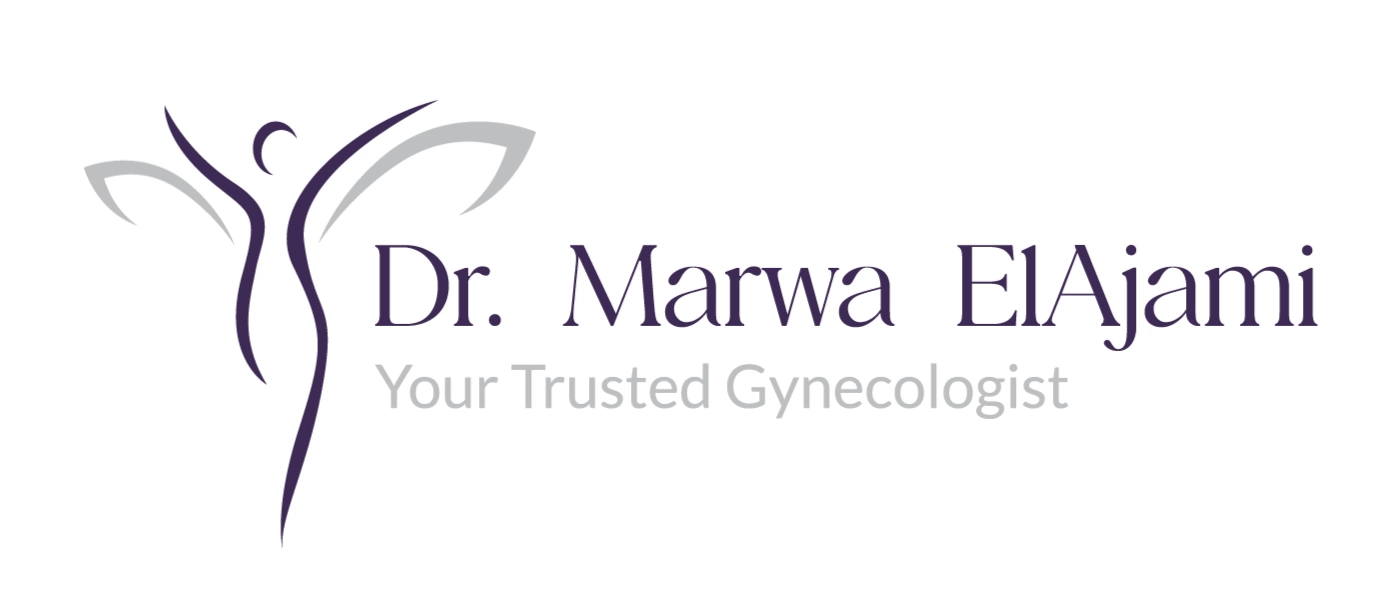What are the First Signs of PCOS? Early Symptoms Every Woman Should know?
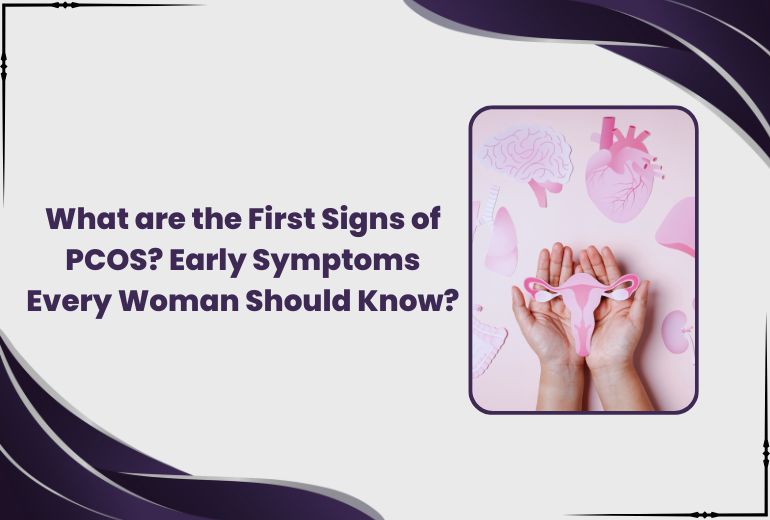
Polycystic Ovary Syndrome (PCOS) is among the most common hormonal disorders in women of reproductive age.
It’s a condition that can impact a woman’s health, including her menstrual cycle, fertility, appearance, and metabolic health. While PCOS can manifest differently in every individual, there are several key early signs that every woman should be aware of.
Early detection of these symptoms can result in early treatment, ultimately improving long-term health outcomes. In this article, we talk about the initial signs of PCOS, allowing women to know what to look for.
Signs of PCOS in woman include:
- Irregular or absent periods
One of the most common early signs of PCOS is irregular periods or a complete absence of menstruation. Women with PCOS often experience periods that are either very infrequent, irregular, or heavy.
Some may go for several months without having a period, while others might experience prolonged bleeding. This is because of the hormone imbalances present in PCOS, that is., between estrogen, progesterone, and androgen (male hormones).
- Excessive hair growth (Hirsutism)
A second characteristic symptom of PCOS is excessive hair growth, specifically in those areas of the body where men usually grow hair. This condition is referred to as hirsutism.
Women with PCOS often develop hair on the face, chest, back, or abdomen. This symptom is caused by an increased level of androgen (male hormone), which can stimulate hair follicles in these regions.
- Acne and oily skin
Another visible sign of PCOS is an increase in acne, especially in the lower half of the face, including the jawline, chin, and neck. Elevated androgen not only contributes to hirsutism but can also make the skin produce more sebum, which clogs pores and causes acne breakouts.
- Weight gain or difficulty losing weight
Most women with PCOS are prone to gaining weight without explanation or struggling with weight loss. This is largely due to insulin resistance, which is common among women with PCOS. Once the body develops resistance to insulin, it results in the body storing more fat.
Also, being overweight further worsens the hormonal imbalance, leading to a vicious cycle. If you find that you are gaining weight without a noticeable change in diet or exercise pattern, or if weight loss becomes very challenging, PCOS can be a contributing factor.
- Thinning hair or hair loss
Another sign of PCOS, mainly when associated with elevated androgens, is thinning hair or hair loss. Women may notice that their hair appears less full or shedding more hair than usual.
This symptom is unlike excessive facial growth of hair (hirsutism) and can appear on the scalp. Thinning or visible hair loss can be intimidating, but keep in mind that this is an easily treatable symptom of PCOS.
- Darkening of the skin
PCOS women can have patches of darkened skin that tend to develop on the neck, under the arms, or in the genital area. This condition, acanthosis nigricans, is most often linked with insulin resistance, a characteristic of PCOS.
Occasionally, these darkened areas can become thicker or velvety to the touch. Acanthosis nigricans is not harmful but can be a clear indicator of an underlying condition like PCOS.
- Fertility issues
For some women with PCOS, fertility issues may be one of the first signs they experience. PCOS is one of the leading causes of female infertility due to irregular ovulation. Women with PCOS might not ovulate at all or might not ovulate regularly, which can make it hard to get pregnant.
Consulting a medical professional is necessary if you’ve been having trouble getting pregnant. Dr Marwa Elajami can walk you through fertility procedures, such as drugs that can induce ovulation and enhance your chances of pregnancy.
- Pelvic pain or discomfort
Another potential symptom of PCOS is pelvic pain. Pelvic pain may range from mild to more severe, crampy pain and may occur at any phase of the menstrual cycle.
The discomfort is usually associated with cysts on the ovaries, which may develop as part of PCOS. If you have pelvic pain in combination with other PCOS symptoms like irregular periods or too much hair growth, it may be a good idea to see a healthcare provider.
- Fatigue
PCOS can also cause significant fatigue, which is often overlooked as a symptom. Hormonal imbalances and insulin resistance can cause fatigue, leaving women feeling drained or sluggish all day. If you frequently feel tired, even after adequate sleep, PCOS might be a contributing factor.
When to see a doctor?
If you notice any of these early signs of PCOS, it’s important to consult a healthcare professional such as Dr Marwa Elajami. Early diagnosis and treatment can manage symptoms, prevent complications like infertility, and improve your overall quality of life.
PCOS is a manageable condition, and with the right treatment plan, women can lead healthy, fulfilling lives. Dr. Marwa Elajami offers personalised care and effective treatment options for managing PCOS symptoms and improving long-term health outcomes.
PCOS is a prevalent yet frequently misinterpreted condition that affects numerous women globally. Early indicators like irregular menstruation, hirsutism, and acne may leave many women asking, “What are the First Signs of PCOS?” These early warning signs can help in timely detection and treatment.
By identifying these symptoms in advance, women can proactively deal with their health. If you believe you have PCOS, you should see a professional for proper diagnosis and a personalised treatment strategy.
Dr. Marwa Elajami specialises in PCOS care and is dedicated to effectively helping women navigate this condition. For a consultation or more information, contact Dr. Marwa Elajami today!
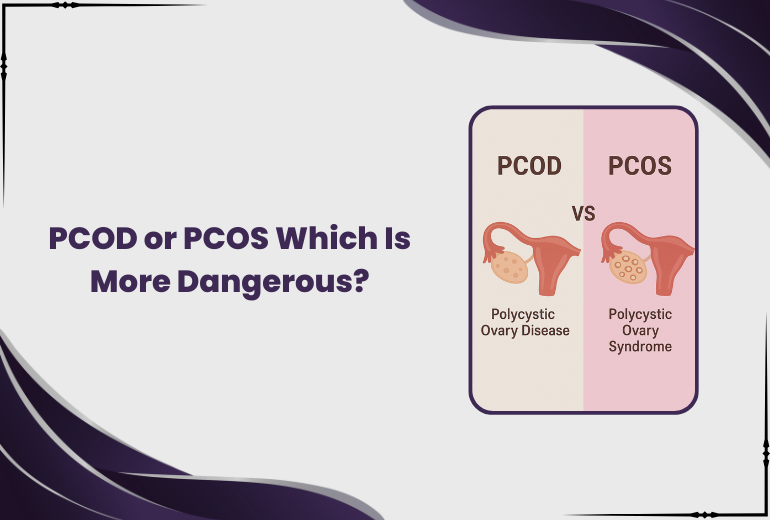
PCOD or PCOS Which Is More Dangerous?
PCOD or PCOS Which Is More Dangerous? PCOD or PCOS which is more dangerous? Navigating the complexities of women’s reproductive health can feel overwhelming, especially
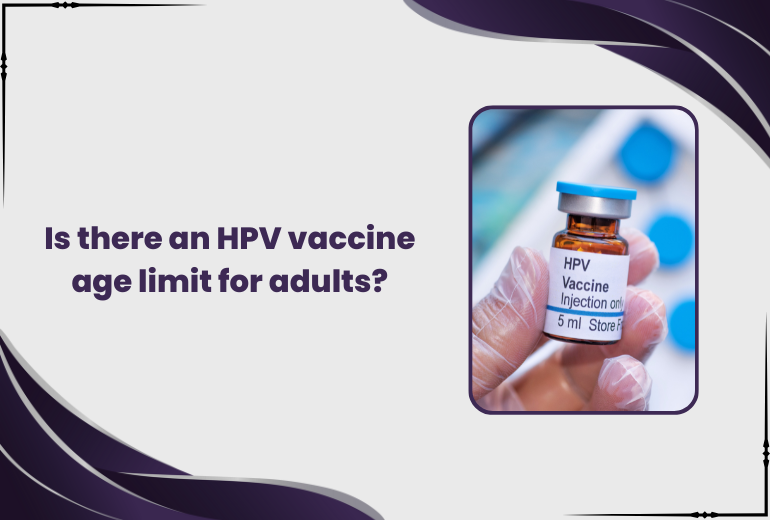
Is there an HPV vaccine age limit for adults?
Is there an HPV vaccine age limit for adults? It’s a common misconception that the Human Papillomavirus (HPV) vaccine is exclusively for teenagers. While it’s
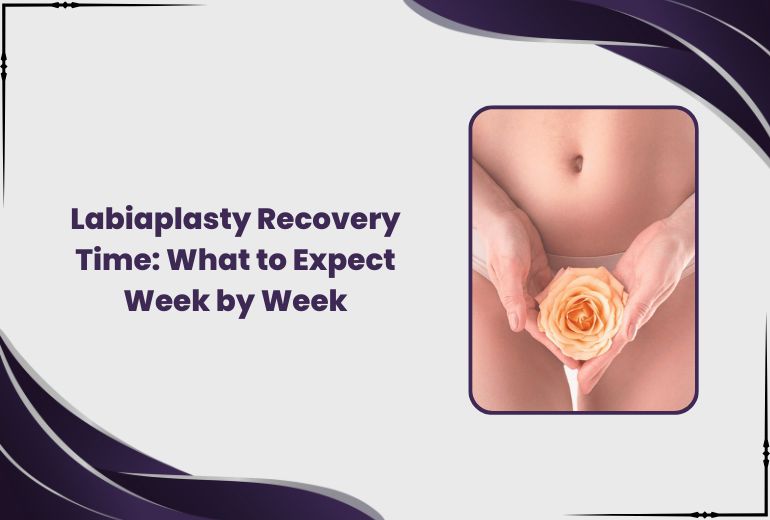
Labiaplasty Recovery Time: What to Expect Week by Week
Labiaplasty Recovery Time: What to Expect Week by Week Labiaplasty Recovery Time: A Gentle Journey Toward Healing and Confidence! Undergoing labiaplasty can be an empowering
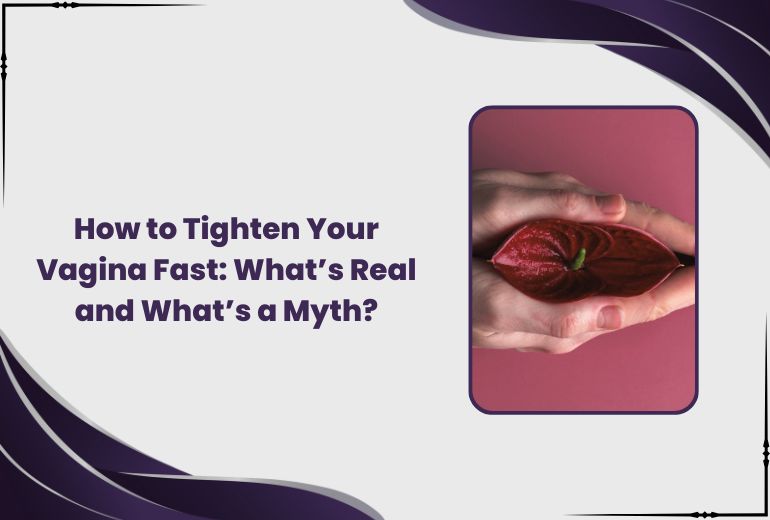
How to Tighten Your Vagina Fast: What’s Real and What’s a Myth?
How to Tighten Your Vagina Fast: What’s Real and What’s a Myth? For many women, vaginal laxity can feel like an awkward topic. But the

What Will Happen If You Have STD in UAE
What Will Happen If You Have STD in UAE Sexually transmitted diseases (STDs) remains a sensitive subject in the UAE, largely due to the country’s
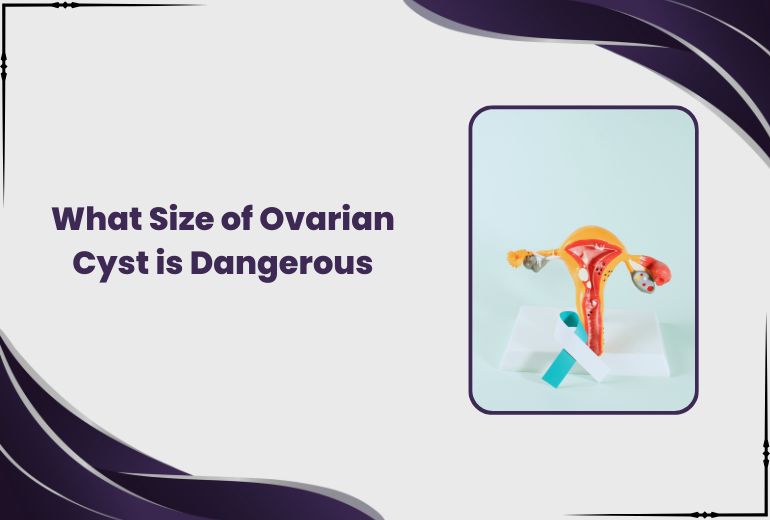
What size of ovarian cyst is dangerous
What Size of Ovarian Cyst is Dangerous? Ovarian cysts are fluid-filled sacs that frequently form on the ovaries and are often detected during routine pelvic
